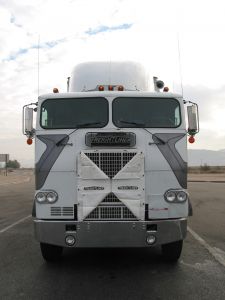Ford vehicle owners are urged to check with their local dealer as more models have made the recall list. The National Highway Traffic Safety Administration is urging owners of the 1998 to 2003 Ford Windstar minivans to bring their vehicles to the nearest dealership for immediate examination. These vehicles have reportedly shown signs of real-axle corrosion, according to a release by the United States Department of Transportation.
Boston car accident lawyers understand the risk of defective vehicles. We urge motorists to get their vehicle into a dealership if they are issued a recall.
Nearly 500,000 of these Windstars in salt belt states are seeing a recall because of a defect that typically causes the rear axle of the vehicle to weaken and crack after exposure to salt corrosion. If these cars go without correction, the rear axle could suffer a fracture, increasing the risk of a car accident in Boston and other areas that experience salt exposure.
A recall can be ordered one of two ways: either by the NHTSA or independently by the manufacturer. Either way, these recalls are required to provide information regarding the make and model of the vehicle involved, the defect that caused the recall and how to contact the company to correct the issue. These recall repairs must be offered to the owner of the vehicle at no charge. This free repair must include replacement, repurchase and repair labor.
Cars.com reports that more than 10 million cars were recalled in the first six months of 2010.
In attempt to correct these recall problems before they affect consumers, the NHTSA is now stepping in earlier by probing automakers when a complaint is received. The federal agency may even see more power and oversight over the automotive industry is Congress gets its way.
Safecar.gov, a service provided through the Department of Transportation, allows to you to search your vehicle through a list of recalled vehicles. Be sure to know you vehicles year, make and model when searching the database. You can also sign up for automatic email updates of any new recalls specific to your car, tires or child safety seat.
Continue reading
 Boston Car Accident Lawyer Blog
Boston Car Accident Lawyer Blog


